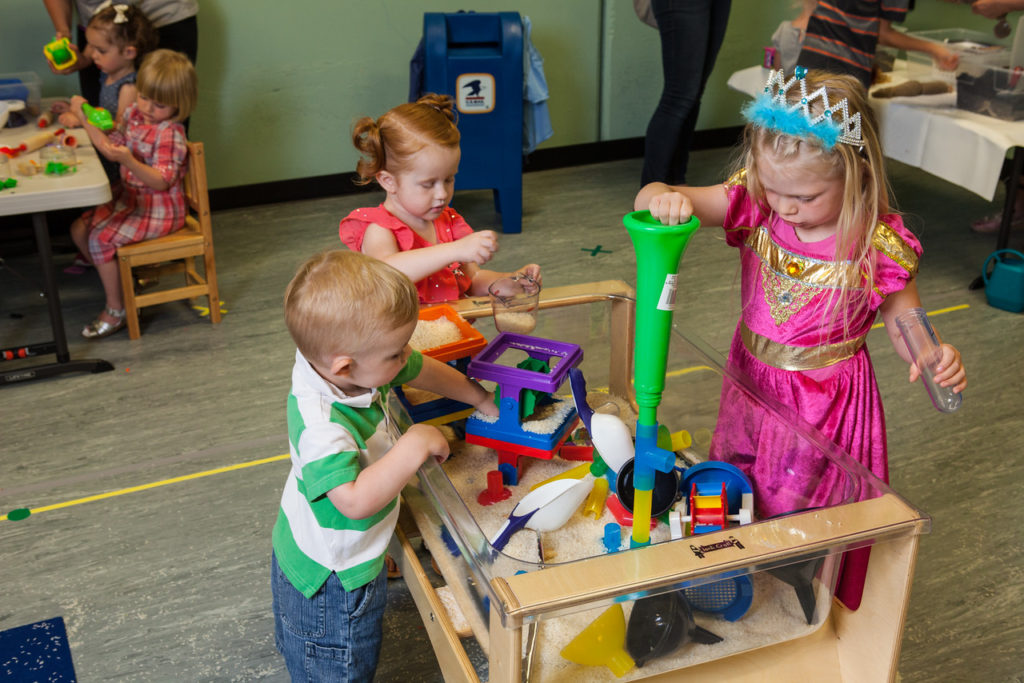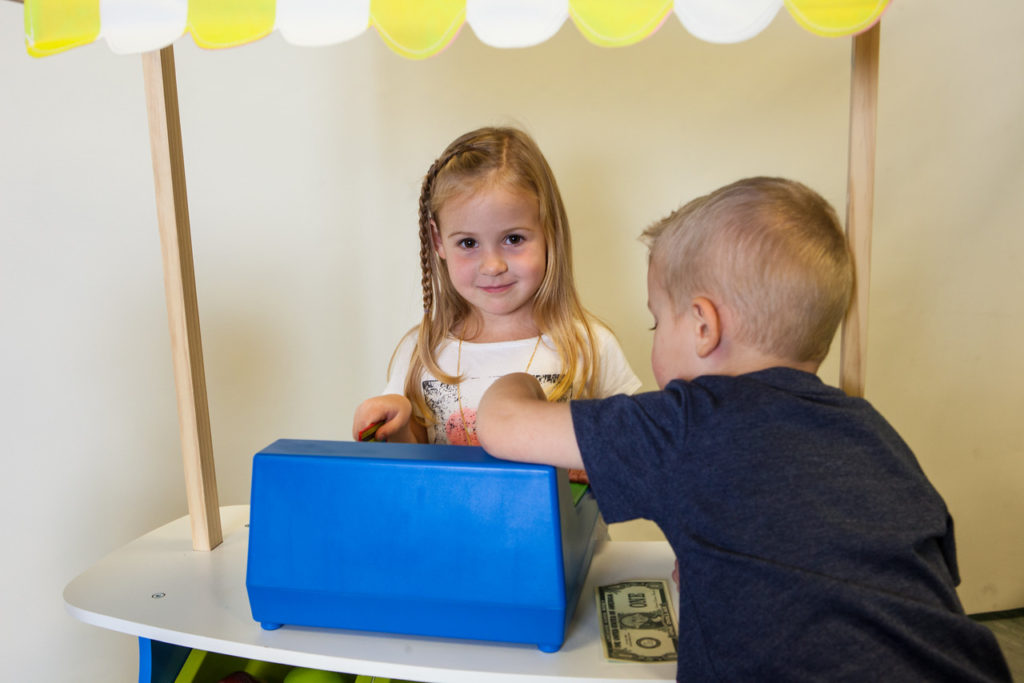For a preschooler, the whole world is still new. Sure, they might be recognizing some colors, numbers, and shapes. They can identify animals, walk up and down the stairs, and even carry on (mostly) interesting back-and-forth conversations with you.
But they still know very little! And they’re looking to their parents for the answers — to everything.
Fortunately, preschoolers have a natural excitement about learning. Your job as a parent is to help keep that excitement going strong. Your words and actions matter a lot at this point in your child’s life. What you do and say will have an impact on helping your child love learning — now, and throughout her whole life.
1. Help Them Deal with Failure
Learning involves failure — and lots of it. Your preschooler is going to call an L a P. He’s going to struggle to use a hand shovel the first time he digs a hole in the garden. She won’t know how to hold scissors correctly right away.
Sometimes, these learning processes and mistakes won’t phase your child. But other times, he’ll feel upset that he can’t do what he wants to do yet. Help him understand that failing isn’t bad.
In fact, it’s great!
Making mistakes helps us grow, and trying hard things makes us stronger. So when your child is frustrated she can’t yet ride her big sister’s scooter, don’t criticize her. Instead, comment on the progress you’ve already seen. Tell her you know she’s trying hard, you understand she’s getting frustrated, and her mistakes are helping her get better.
Sometimes, kids respond really well when you tell them about a time you struggled with something similar.
2. Give Toys that Inspire Creativity
Toys that can be used in a variety of ways are ideal to help your child love learning. Blocks, dress-up clothes, art supplies, and stuffed animals can be imagined into completely new worlds each time your child picks them up. This gives your child confidence and allows her to develop her imagination.
Playing while learning makes learning fun. And when something is fun, children want to continue doing it. That’s why, at UDA Creative Arts Preschool, we offer our students plenty of open-ended toys and activities. We want the children to explore and enjoy play and learning, as this is a huge part of the process of developing the whole child.
3. Model a Love of Learning
What do you love to learn about? Do your children know about it? Do they know you get excited about certain subjects? Show them. Seek out more information about your passions, and share it with your children.
Sure, your preschooler can’t understand the complexities of foreign policy, but you can tell her you read a really interesting article that helped you see a solution to a big problem. Your preschooler probably can’t create a gourmet recipe for dinner, but he can help you cook — and while you cook, you can ask his opinion on ingredients.
When your children see how passionate you are about learning, they’ll continue to feel permission and excitement to love learning as well.
And if your child asks you a question about something in the adult world, don’t tell him he wouldn’t understand. Give him an answer. Your answer will need to be simple, kid-appropriate, and straightforward, but always give an answer. That way, he knows he can always ask questions.
4. Make it Fun
How many classes were you forced to sit through in which the teacher droned on and on? How many classes relied on worksheets to teach concepts that could have been learned through a more fun, hands-on method?
Now, how much do you remember from those classes? Probably not very much. Children (and adults, too!) remember lessons that engage them. Basically, we learn when we’re having fun.
Turn things into games, take your kids exploring, use music in your everyday life, and be enthusiastic when you’re teaching your child something new.
5. Read, Read, Read!
The ability to read will open up your child’s entire world, and put learning literally at his fingertips his whole life through. Make reading a happy experience for your preschooler.
Don’t rush the process of learning how to read. Let her go at her own pace. Surround your child with books, and let her handle them on her own. Read every day, and talk about the books. Ask her what she thinks is going to happen next or how she thinks a character feels.
Go to the library, give books as gifts, and let your child see you reading for pleasure.
6. Process Over Outcome
We all want our children to succeed, and we’d be lying if we say we don’t love when they’re actually ahead of the game when it comes to academic milestones. But being achievement-oriented pushes your child and removes the fun and pleasure of learning.
It also leads your child to believe that the outcome is more important than the process; that getting to the next step is what life is all about. When this is her focus, your child won’t love learning. She’ll tend to be afraid to take risks, and may even struggle when things get hard.
Instead, take interest in your child’s interests. Don’t focus on the outcome of what he’s doing. Be interested and ask questions the whole way through.
At UDA Creative Arts Preschool in Utah, we want your child to feel confident as a learner, and our hands-on discovery approach will help your child love learning. Give us a call at (801) 523-5930 to schedule a tour.


